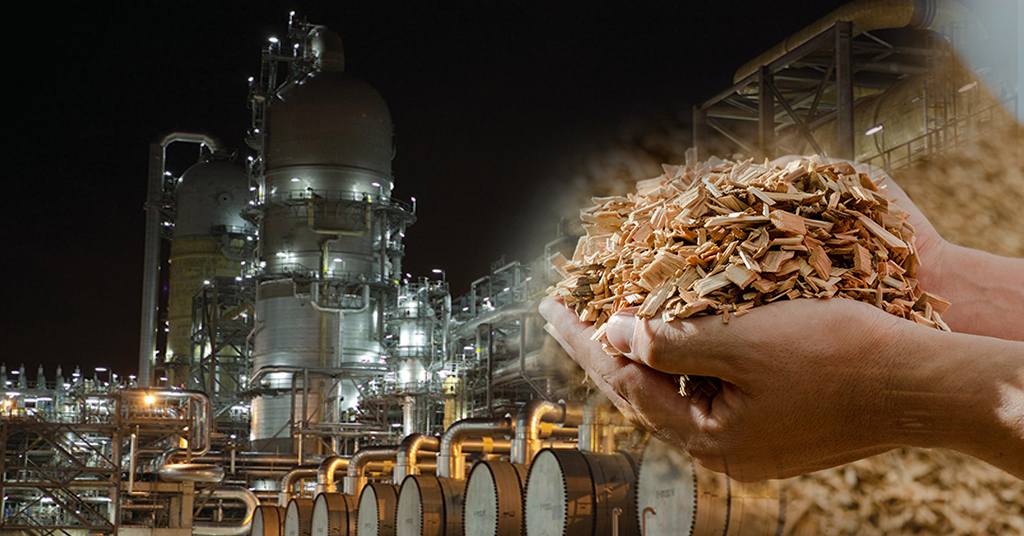Welcome To ChemAnalyst

India has initiated an Anti-Dumping Investigation into importing Epichlorohydrin (ECH) from China, Thailand, and Korea. This action was instigated following a formal complaint lodged by Meghmani Finechem Ltd (MFL), alleging that ECH was being sold in the Indian market at prices significantly lower than prevailing market rates. Consequently, domestic industries, including MFL, have experienced a reduction in the domestic ECH demand, as consumers still prefer imported ECH, thereby hindering the production capacity of MFL.
This investigation's primary concern was the substantial influx of competitively priced ECH imports from these three countries. Notably, Thailand has been the predominant exporter, satisfying approximately 80% of India's ECH demand until the financial year 2021-22, while China and South Korea have contributed to the remaining portion of the supply.
Looking through the growing demand for ECH, In June 2022, Meghmani Finechem Ltd (MFL) commenced commercial ECH production at its Gujarat facility, boasting an annual production capacity of 50,000 tonnes. Before this, India had heavily relied on ECH imports to meet its demand. However, despite the domestically produced ECH meeting international quality standards and being a viable substitute for imports, Indian consumers continue to favor imported ECH over MFL's offering. This consumer preference for imports led to stockpiling, amplifying the company's overall financial burden.
Furthermore, as per a notification issued by the Directorate General of Trade and Remedies (DGTR), the regulatory body responsible for foreign trade regulations under the Ministry of Commerce and Industry, Meghmani Finechem Ltd (MFL) has asserted that there are no discernible distinctions between domestically produced ECH and imported ECH from China, Thailand, and Korea. It is important to note that MFL produces ECH using the bio-based glycerine method, while an alternative method utilizing propylene is also employed. Nevertheless, MFL contends that there are no differences in the quality, technical specifications, physical characteristics, applications, pricing, or customer bases of ECH produced through these different routes.
Nonetheless, the major concern in tandem with the anti-dumping investigation was to protect domestic producers by the imposition of anti-dumping duties on the imported ECH from Thailand, China, and South Korea.
Consequently, DGTR has taken the proactive step of issuing notices to ECH suppliers. These notices have requested responses within a 30-day timeframe to assess further and address the matter comprehensively.
We use cookies to deliver the best possible experience on our website. To learn more, visit our Privacy Policy. By continuing to use this site or by closing this box, you consent to our use of cookies. More info.
